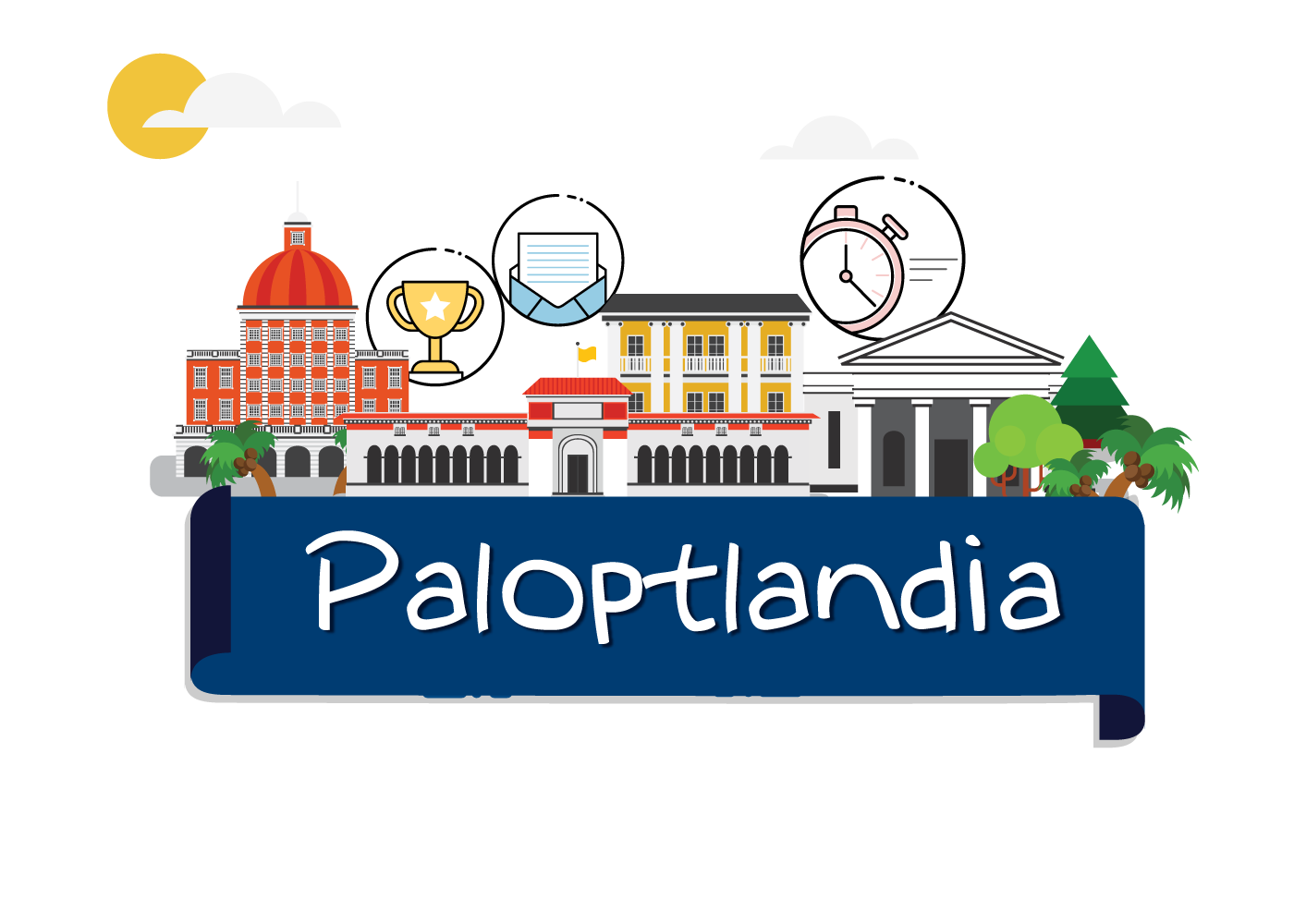This Massive Open Online Course (MOOC) was designed using as main baseline the Communities of Practice carried out in the context of the Pro PALOP-TL SCI, the EU-funded UNDP multi-country south-south and triangular cooperation Programme for consolidating Economic Governance and Public Finance Management Systems (PFM) in the PALOP-TL countries (Angola, Cabo Verde, Guinea Bissau, Mozambique, Sao Tome and Príncipe, Timor-Leste). These Communities of Practice gather annually PFM state and non-state actors from the PALOP-TL countries (plus Brazil and Portugal) to exchange experiences and share best practices on good management of Public Finances, budget transparency and accountability.
The course focuses on the role of parliaments and Supreme Audit Institutions (SICs) in parliamentary oversight and external control (audit) of public accounts and expenditures, but also on the emerging involvement of civil society in monitoring these accounts and their impact on public policies. The four modules of the course explain financial management and the budget cycle, introduce the supreme audit institutions (ISC) and illustrate the relationship between parliaments and audit institutions in the PALOP and Timor-Leste.

This Massive Open Online Course (MOOC) is partially based on a Community of Practice organized in November 2015 on “Transparency and Accountability in Public Finances in Portuguese-speaking Countries”, in the context of the Pro PALOP-TL SAI, the EU-funded UNDP multi-country south-south and triangular cooperation Programme for consolidating Economic Governance and Public Finance Management Systems (PFM) in the PALOP-TL countries (Angola, Cabo Verde, Guinea Bissau, Mozambique, Sao Tome and Príncipe, Timor-Leste). The course explores how parliaments and civil society can contribute for strengthening the transparency of public accounts and accountability in Public Finance Management. Providing citizens with meaningful opportunities to participate in budget processes allows governments to formulate budgets in a responsible and transparent manner. Open Budgets reflect the most pressing priorities and provide better opportunities for effective monitoring of budget implementation. The course explains the ways in which parliamentarians and citizens can participate in the budget process and demonstrates how the Executive can create opportunities for Parliament and citizens to engage in budget planning and execution.

This Massive Open Online Course (MOOC) is partially based on the content of three High-Level Working Groups of PALOP-TL Parliamentary Budget Committees, organized in the context of the Pro PALOP-TL SAI, the EU-funded UNDP multi-country south-south and triangular cooperation Programme for consolidating Economic Governance and Public Finance Management Systems (PFM) in the PALOP-TL countries (Angola, Cabo Verde, Guinea Bissau, Mozambique, Sao Tome and Príncipe, Timor-Leste).
The course analyzes how Parliaments, Supreme Audit Institutions and Civil Society Organizations can strengthen their capacities to ensure that countries have more inclusive, accountable and transparent public budgets for the implementation of the Sustainable Development Goals. When held accountable, Governments plan and spend effectively reflecting the needs of citizens, in line with the SDG national targets.

This Massive Open Online Course (MOOC) is partially based on the content of the 2015 PALOP-TL Supreme Audit Institutions’ Roundtable on the external audit of Extractive Industries and Great Public Works organized in the context of the Pro PALOP-TL SAI, the EU-funded UNDP multi-country south-south and triangular cooperation Programme for consolidating Economic Governance and Public Finance Management Systems (PFM) in the PALOP-TL countries (Angola, Cabo Verde, Guinea Bissau, Mozambique, Sao Tome and Príncipe, Timor-Leste).
Extractive Industries can be a powerful engine of economic growth, but the extraction of non-renewable resources is linked to considerable political and economic risks. This course explores how Parliaments, SAIs and CSOs can promote inclusive, transparent and accountable natural resource management strategies that include appropriate risk management measures. It combines specialist thematic knowledge with best practices worldwide to provide parliamentarians and other actors responsible for oversight, including SAIs and civil society, with a set of tools for the transparent, independent and accountable management of projects in the extractive industry.

This Massive Open Online Course (MOOC) deals with the impact of information and communication technologies (ICT) on parliaments and parliamentary life, as well as strategies for dealing with the exposure that ICTs bring to the work and personal lives of parliamentarians and parliamentary staff. ICTs are a trigger for the openness, accessibility and accountability of parliaments. These technologies act as a two-way channel of interaction between parliament and citizens. ICT tools are not only transforming interpersonal communications, but also information sharing, the functioning of the workplace and forms of political mobilization around the world.
For Parliaments, ICT tools are an essential enabler of greater transparency, accessibility and accountability, as well as a two-way channel for citizen engagement. This course focuses on opportunities to make the institution of Parliament more effective, efficient, transparent and better equipped to reach out to citizens. The course was conceived in the context of the Pro PALOP-TL SAI, the EU-funded UNDP multi-country south-south and triangular cooperation Programme for consolidating Economic Governance and Public Finance Management Systems (PFM) in the PALOP-TL countries (Angola, Cabo Verde, Guinea Bissau, Mozambique, Sao Tome and Príncipe, Timor-Leste).

This Massive Open Online Course (MOOC) uses the Pro PALOP-TL SAI Gender Responsive Budgeting and Oversight Standard Methodology. The methodology uses gender-responsive budgeting as a tool to enhance parliamentary oversight and social monitoring of public expenditures focusing on their impact on gender equality issues and policies.
The course familiarizes users with Gender-Responsive Budgeting and its application in the budgetary process, as well with best practices for mainstreaming gender into sustainable development plans and Medium-Term Expenditure Frameworks.

The course content consists of several video-based lectures from renown professionals, who will share with you academic and practical knowledge about the socioeconomic impact of COVID19 & major disruptive events and what the public financial management response has been.

- Contexto Pro PALOP-TL ISC
- Fases do ciclo orçamental e kit
- Como aplicar critério PFC
- Monitoria OGE pelas OSC

O nosso curso de aprendizagem eletrónica sobre a Mesa Redonda de Industria Extrativa e Grandes Obras Públicas (Mesa Redonda de IE e FP) está agora disponível em Português no Portal de Aprendizagem Eletrónica. O curso foi elaborado pelo Projeto para o Reforço das Competências Técnicas e Funcionais das Instituições Superiores de Controlo (ISC), Parlamentos Nacionais e Sociedade Civil para o Controlo das Finanças Públicas nos PALOP e Timor-Leste (Pro PALOP-TL ISC). Este projeto é inteiramente financiado pela União Europeia e diretamente administrado pelo PNUD.

